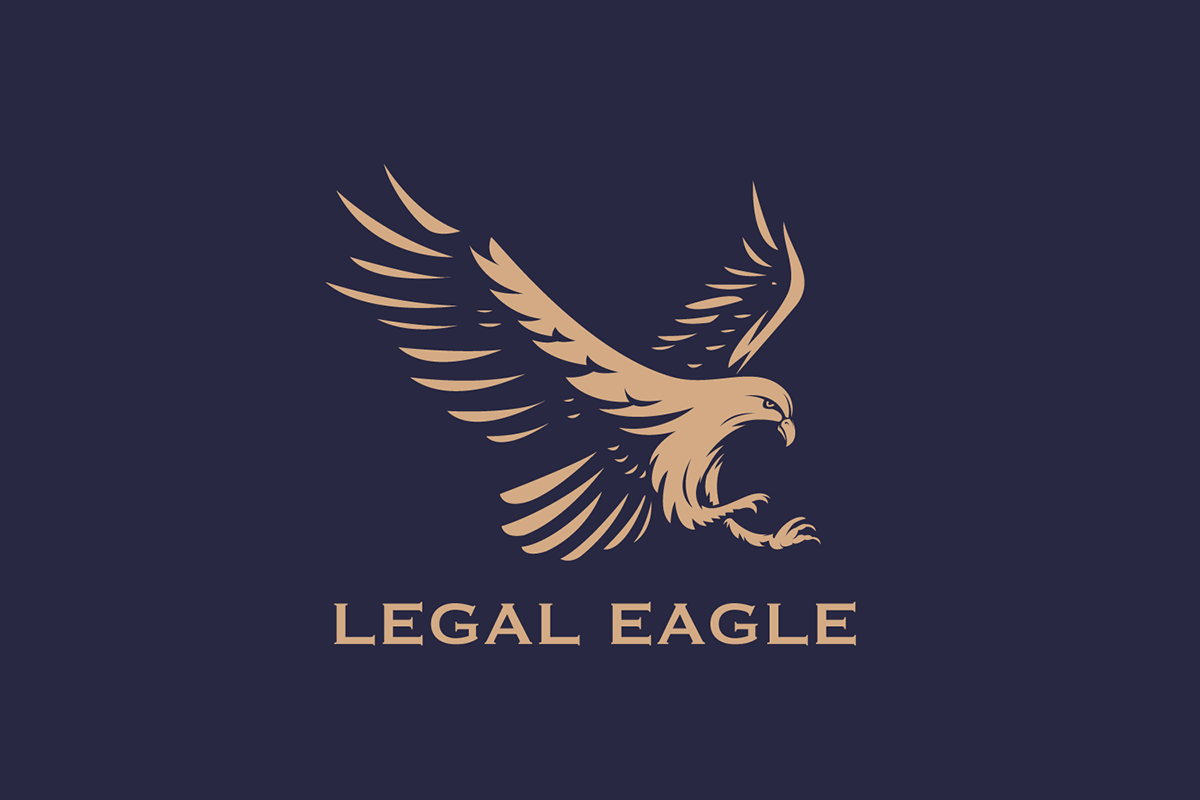Sponsoring foreign workers post Brexit By immigration specialist Jay Mohgul of Menzies Law
The end of the transitional period is nigh - the UK leaves the EU on 31 December 2020 - so what does this mean for businesses using overseas workers?
Firstly, carry out an audit of your workforce and check whether EU workers have applied for settled or pre settled status? If they haven’t, ask them to do so urgently!
From January 2021, any new arrivals from the EU will have to apply for sponsorship from their perspective employer to live and work in the UK. If your business is likely to need to fill a skills gap by recruiting a foreign national, you’ll need to apply for a licence to enable that.
What is currently called the Tier 2 Sponsor Licence, will become a Skilled Worker Licence (or an Intra Company Transfer Licence) depending on which category suits. The good news is that the new system does make it easier for employers to sponsor such employees.
So, what are the key changes?
- Removal of the Resident Labour Market Test (RLMT)
Currently employers wishing to sponsor an employee from outside the EU must first advertise the position on two approved mediums and confirm that they have been unable to fill the position advertised by a local worker. The new rules place no such requirements on employers.
- Lower skill threshold
At the moment employers are only permitted to sponsor employees if the job in question has a minimum skill level equivalent to NQF level 6 (think graduate level and above), unless the role falls within ‘The Shortage Occupation List’ - which is constantly monitored and will continue to be so. However, the new rules mean all positions that are at a skill level of NQF level 3 will be roles under which foreign employees can be sponsored. The Home Office has a published list of roles that are considered to be at NQF level 3.
- Lower salary thresholds
Employers are currently required to pay a minimum salary of £30,000 per annum but the new rules reduce this to £25,600 per year. There is further flexibility if the potential employee is under 26 (or switching from a student visa), effectively reducing the minimum salary to £20,480 (in line with average wages for graduates).
- No annual cap
At present the Home Office has a cap on the number of people that can be sponsored under the skilled worker routes. This can sometimes lead to delays in receiving a ‘certificate of sponsorship’ if the limit has been reached in a particular month.
Under the new rules, there is no cap and employers will be given a certain number of certificates every year depending on their recruitment needs. Further certificates should be made available within 24 hours if they are needed.
All in all, these changes should make it a lot easier for employers and businesses to continue to recruit the talent needed.


